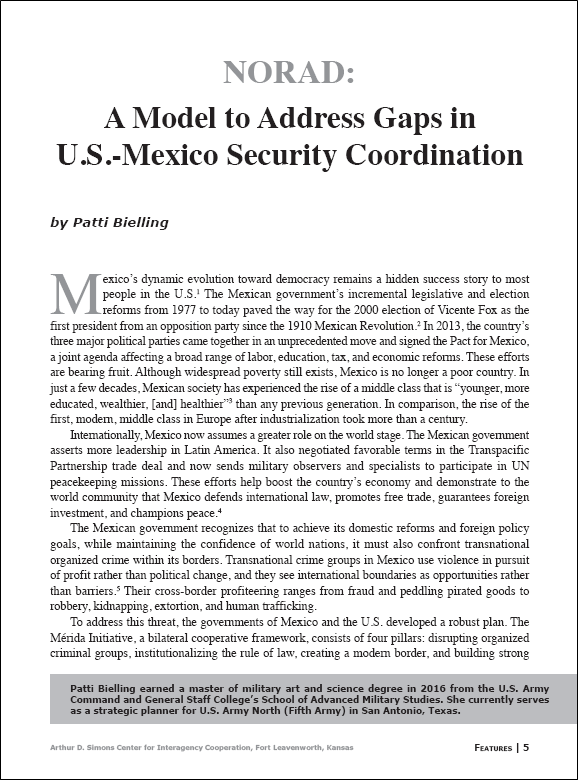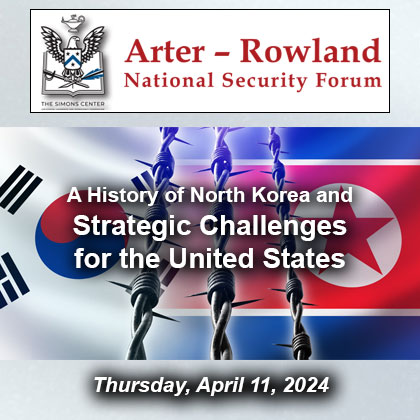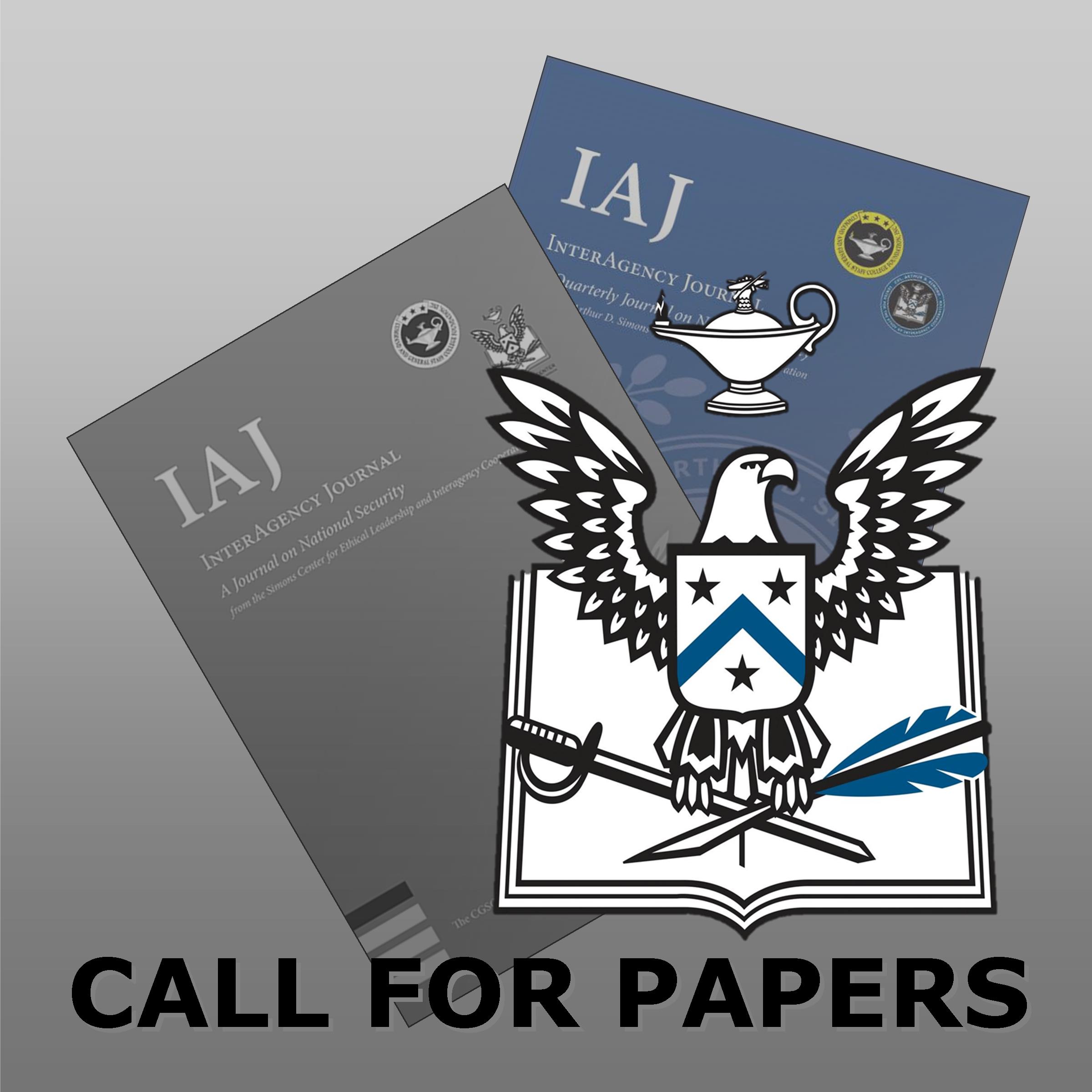Featured Article: NORAD: A Model to Address Gaps in U.S.-Mexico Security Coordination
Featured article:
NORAD: A Model to Address Gaps in U.S.-Mexico Security Coordination
by Patti Bielling
Mexico’s dynamic evolution toward democracy remains a hidden success story to most people in the U.S. The Mexican government’s incremental legislative and election reforms from 1977 to today paved the way for the 2000 election of Vicente Fox as the first president from an opposition party since the 1910 Mexican Revolution. In 2013, the country’s three major political parties came together in an unprecedented move and signed the Pact for Mexico, a joint agenda affecting a broad range of labor, education, tax, and economic reforms. These efforts are bearing fruit. Although widespread poverty still exists, Mexico is no longer a poor country. In just a few decades, Mexican society has experienced the rise of a middle class that is “younger, more educated, wealthier, [and] healthier” than any previous generation. In comparison, the rise of the first, modern, middle class in Europe after industrialization took more than a century.
Internationally, Mexico now assumes a greater role on the world stage. The Mexican government asserts more leadership in Latin America. It also negotiated favorable terms in the Transpacific Partnership trade deal and now sends military observers and specialists to participate in UN peacekeeping missions. These efforts help boost the country’s economy and demonstrate to the world community that Mexico defends international law, promotes free trade, guarantees foreign investment, and champions peace.
The Mexican government recognizes that to achieve its domestic reforms and foreign policy goals, while maintaining the confidence of world nations, it must also confront transnational organized crime within its borders. Transnational crime groups in Mexico use violence in pursuit of profit rather than political change, and they see international boundaries as opportunities rather than barriers.
Read the full article
NORAD: A Model to Address Gaps in U.S.-Mexico Security Coordination PDF
Download the complete edition
Patti Bielling earned a master of military art and science degree in 2016 from the U.S. Army Command and General Staff College’s School of Advanced Military Studies. She currently serves as a strategic planner for U.S. Army North (Fifth Army) in San Antonio, Texas.

Posted: March 21, 2017 by Simons Center
READ THE LATEST UPDATES FROM THE SIMONS CENTER
"*" indicates required fields


